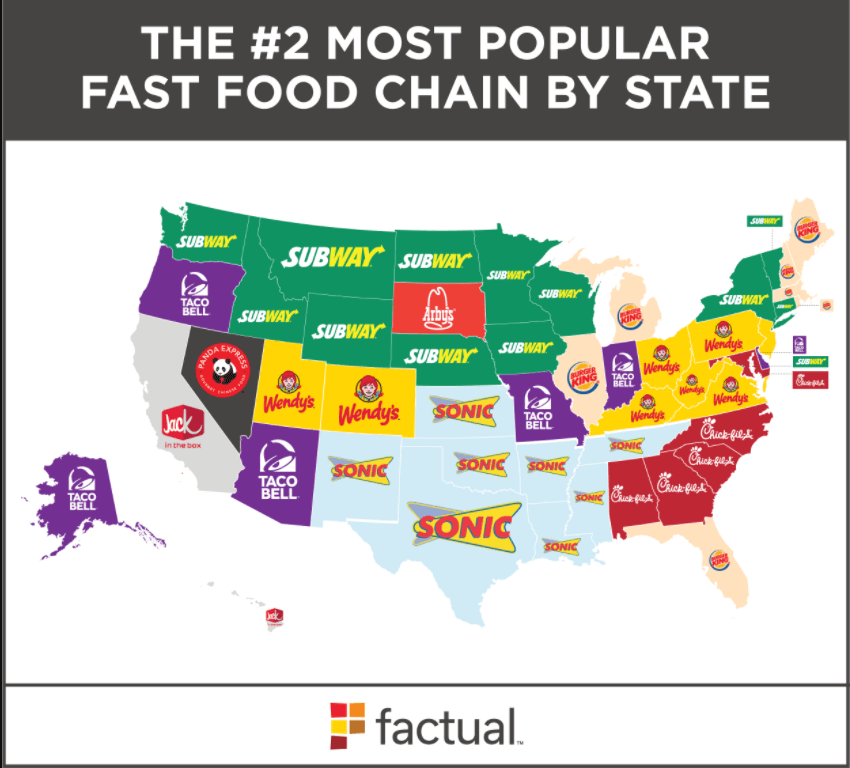Supermarkets have transformed the way urban populations shop for daily necessities. From fresh produce to household supplies, these retail giants offer a vast range of products that cater to diverse needs. In this article, we explore the various aspects of a supermarket that make it an integral part of modern living.
The Evolution of Supermarkets
The journey of the supermarket began in the early 20th century. These stores have evolved from small grocery shops to large retail chains, equipped with advanced technologies and services.
- 1920s: The inception of self-service grocery stores.
- 1950s: Introduction of barcodes and electronic cash registers.
- 2000s: Advent of online shopping and home delivery services.
Key Features
Today’s supermarkets offer an array of features designed to enhance customer convenience and satisfaction.
- Wide Product Range: From groceries and dairy to electronics and fashion.
- Specialty Sections: Organic produce, gluten-free products, and international cuisines.
- Convenient Services: Self-checkout, home delivery, and loyalty programs.
Why Supermarkets Matter
Supermarkets play a crucial role in society by providing numerous benefits:
- Cost-Effectiveness: Competitive pricing and bulk purchase options.
- One-Stop Shopping: All essentials available under one roof.
- Community Hub: A meeting place for people, fostering social connections.
Frequently Asked Questions
What constitutes a supermarket?
A supermarket is a large retail store that offers a wide range of food and household items. It is typically characterized by multiple aisles and self-service features.
How are supermarkets different from grocery stores?
While both sell food items, supermarkets offer a broader range of products, including non-food goods. Grocery stores are generally smaller and more focused on food products.
What are the benefits of online supermarket shopping?
Online supermarket shopping provides numerous advantages, such as convenience, time-saving, and access to a broader range of products without leaving home.
Sustainability in Supermarkets
In recent years, supermarkets have undertaken significant measures to promote sustainability:
- Eco-Friendly Packaging: Increased use of recyclable and biodegradable materials.
- Energy Efficiency: Implementation of energy-saving lighting and refrigeration systems.
- Waste Reduction: Initiatives to minimize food waste through donation programs and better inventory management.
Read more about Aquilaria Mart here.
Conclusion
Supermarkets have not only redefined retail but have also woven themselves into the fabric of daily urban life. Their continuous evolution and dedication to customer service and sustainability ensure they remain pivotal in the future of shopping.





